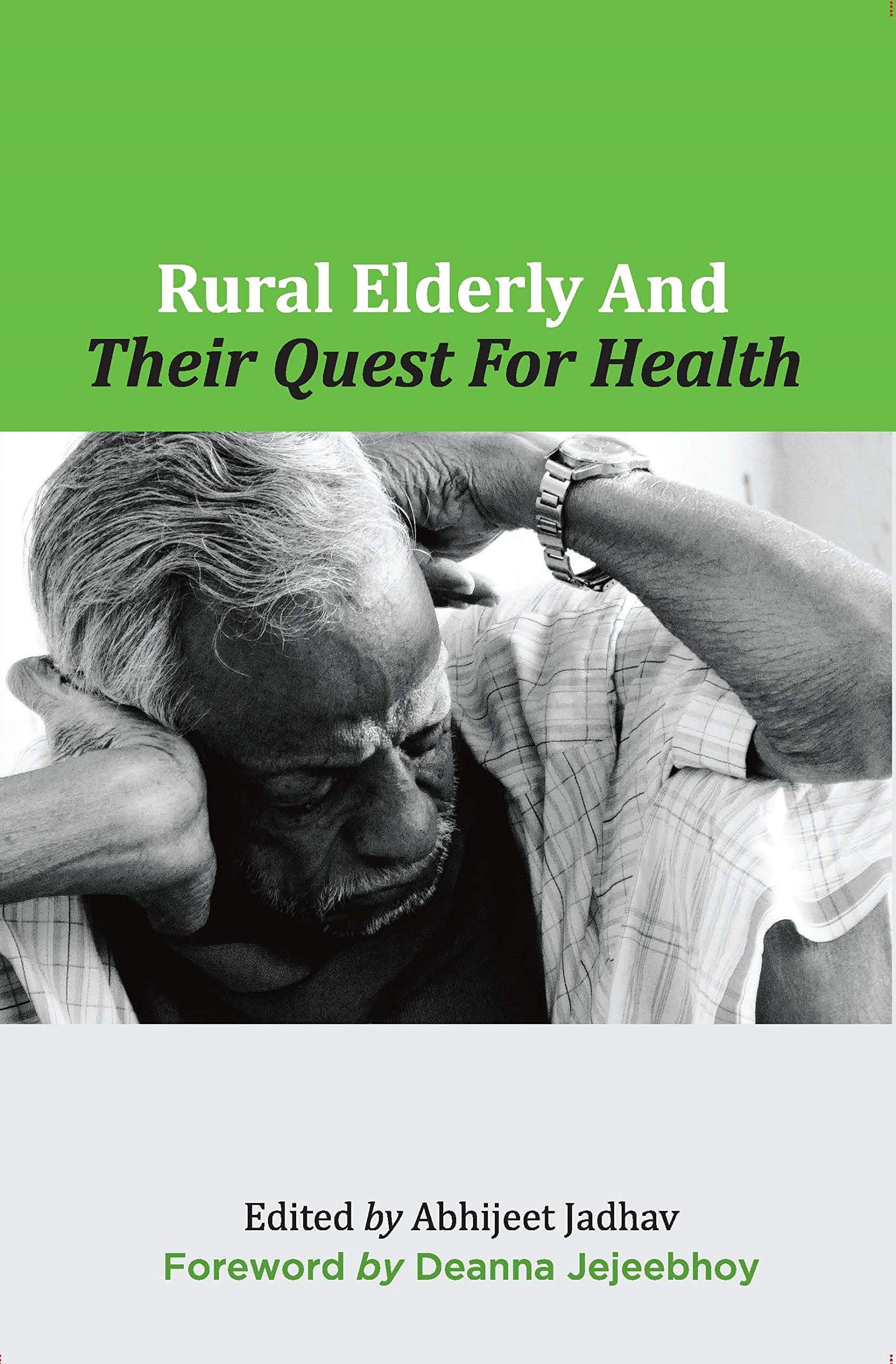The number of people aged more than 60 years in India has grown from 5.4 per cent in 1951 to 8.6 per cent in 2011 and is projected to become around 19 per cent by 2050. The total elderly population as per the 2011 Census stands at 103.9 million, and out of the total elderly, 70.56 per cent live in rural areas. This foretells a major pull on Indian national health resource.
Rural Elderly and Their Quest for Health is an effort to create starting material that will provide a comprehensive idea of the current status of various aspects of the health of India’s rural elderly. It is a compilation of twelve chapters, each focusing on a specific dimension of elderly health.
The book provides extensive details of macro-level phenomena like demographic transition and increasing number of the elderly, epidemiological transition and age-related diseases. Explanation of such phenomena helps understand future population trends and health challenges.
The book also discusses some conceptual aspects of ageing and rights of the elderly. Some of the chapters throw light on various welfare and health programmes. It helps in knowing how effective public programmes are, how they function, their current status, the hurdles in serving rural elderly, coverage of health insurance, enrolment in some social support schemes.
Elsewhere in the book, sector-wise future needs are discussed and how the country can prepare to serve the increasing number of the elderly meeting future human resource needs for geriatric health and palliative care.
Investing in elderly health and welfare is going to help each and every family at some stage. Timely steps will make this arduous task relatively simpler. This decade, 2021–30, is dedicated to Healthy Ageing by the UN and at its very start, this book will serve its intent. This book is compiled with the hope that beyond being a knowledge resource, it will spur positive action.

